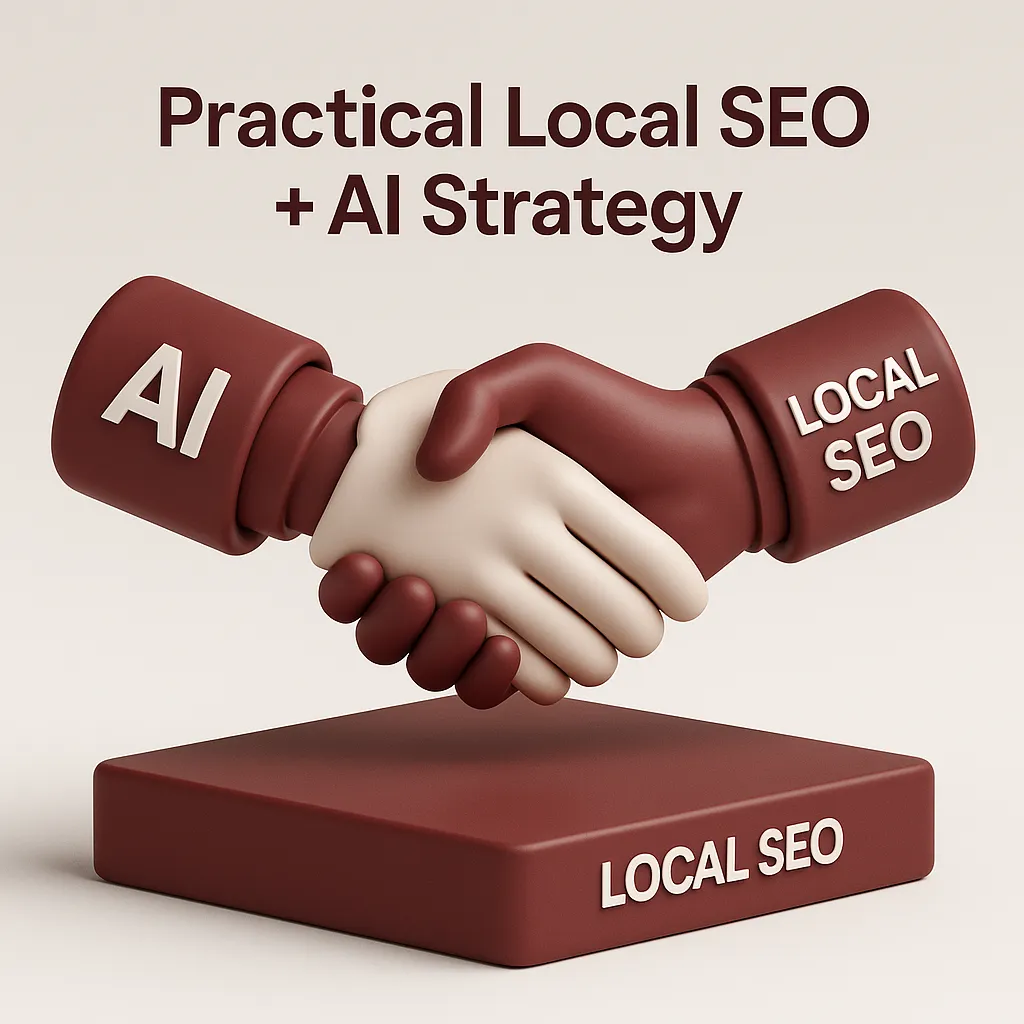Introduction: From Keywords to Conversations — The New Face of SEO
The SEO world is shifting rapidly, and it’s more than just another Google algorithm update. In 2025, search is no longer dominated only by blue links and organic rankings. Instead, it’s about instant answers generated by AI-powered tools like:
ChatGPT
Google SGE (Search Generative Experience)
Microsoft Copilot and Bing AI
Voice Assistants like Alexa and Siri
Welcome to the world of Generative Engine Optimization (GEO) — a futuristic, AI-first approach that’s redefining digital visibility.
What is Generative Engine Optimization (GEO)?
Generative Engine Optimization (GEO) is the process of optimizing your content to be cited, referenced, or summarized by AI-based search assistants and generative engines that produce conversational answers.
🧾 Definition:
“GEO is about making your content machine-readable, contextually rich, and authoritative enough to be selected and surfaced by AI engines that generate search results—rather than just list them.”
While traditional SEO focuses on ranking your web page, GEO focuses on getting your content featured in AI-generated responses. These engines don’t crawl and index in the traditional sense—they comprehend, extract, and generate from a pool of trusted content.
Why GEO Is No Longer Optional (with Real Stats)
Let’s look at why GEO is a critical component of modern digital strategy:
📊 Stats to Know:
✅ 63% of Gen Z now prefer AI tools like ChatGPT or Perplexity AI over Google for searching [Source: Statista, 2024]
✅ 40% of mobile users interact with smart assistants for daily queries [Source: Think with Google]
✅ Over 70% of informational queries are now answered directly by AI snippets or summaries
✅ Google’s Search Generative Experience is rolling out globally and influencing 35-50% of search traffic in supported regions
The takeaway? If your content isn’t optimized for generative search, it might never be seen.
Traditional SEO vs. GEO: The Key Differences
| Criteria | Traditional SEO | Generative Engine Optimization (GEO) |
|---|---|---|
| Ranking Goal | Rank high on Google SERPs | Be cited or included in AI-generated responses |
| Keyword Use | Keyword density & placements | Semantic context & topical relevance |
| Search Format | Keyword-based results | Conversational AI answers |
| Structure Importance | Headings, meta tags | Clarity, logic, AI-parsable sections |
| Preferred Content | Evergreen, link-worthy | Insightful, summary-ready, cited info |
How Generative Engines Work (and What They Want)
When users type a prompt like:
“What are the best skincare ingredients for oily skin in summer?”
AI engines like ChatGPT or Google SGE scan thousands of sources to generate a human-like answer. The content it pulls from must be:
✅ Accurate
✅ Well-structured
✅ Rich in context
✅ Easy to extract
This is where GEO strategies come in.
9 Powerful GEO Strategies to Future-Proof Your Content
1️⃣ Write Clear, Credible, and Chunkable Content
AI engines love bite-sized insights. Use:
✅ Short paragraphs
✅ Bullet points
✅ Headings with question formats (e.g., “What is GEO in SEO?”)
Example: Answer questions within 50-60 words to improve chances of being picked up by ChatGPT or Bard.
2️⃣ Optimize for Google’s Search Generative Experience (SGE)
Google SGE uses AI-powered snippets. You can increase your visibility by:
Adding FAQ sections
Using schema markup (FAQPage, HowTo)
Including updated facts and “Last Updated” timestamps.
3️⃣ Include High-Volume, Low-Difficulty Semantic Keywords
In 2025, it’s no longer about keyword stuffing. Instead, use semantically related phrases that match natural queries.
| Main Keyword | Semantic Variations |
|---|---|
| GEO SEO strategy | SEO for AI engines, AI search SEO |
| Optimize for ChatGPT | How to rank in AI results, AI SEO tips |
| Future of SEO | AI-powered search, generative search optimization |
Tools like LowFruits.io, KeywordChef, and Frase.io can help you find low-competition, conversational keywords.
4️⃣ Provide Source-Worthy Information
Generative engines pull from authoritative content. Your content must show E-E-A-T:
Experience — First-hand insights
Expertise — Subject-matter knowledge
Authoritativeness — Backlinks, credentials
Trustworthiness — Citations, updated info
Tip: Add “Reviewed by Experts” tags and external citations to boost AI trust.
5️⃣ Create AI-Readable Formatting
Structure matters more than ever:
Use H2 and H3 tags clearly
Include table of contents
Keep your HTML clean
Add TL;DR summaries at the top
6️⃣ Leverage Internal Linking
AI engines value contextual relevance. Linking your related blog posts helps machines understand content relationships.
For example: If you’re writing about “GEO for eCommerce,” link to another post like “How AI is Changing Shopping Behavior.”
7️⃣ Maintain Content Freshness
GEO engines love fresh, relevant data.
Update blogs every 3-6 months
Add “Updated on [date]” above your title
Use Google Trends to track evolving keywords
8️⃣ Add Multimedia Elements (for AI indexing)
Platforms like Google SGE may soon index images, infographics, and videos differently.
Use descriptive alt-texts
Add transcripts for videos
Include infographics with stats that can be read as text.
9️⃣ Optimize for Voice and Conversational Search
AI engines are powering voice assistants. Use natural, spoken language in content.
Example:
❌ Don’t say: “Oily skin facewash sebum removal effectiveness 2025”
✅ Say: “Which facewash helps reduce oily skin and control sebum in summer?”
Future-Proofing Your Strategy: How GEO Impacts Every Industry
Whether you’re in:
eCommerce (Product reviews, comparisons)
Health & Wellness (Tips, remedies, expert advice)
Finance (FAQs, calculators, rates)
Education (Summaries, lessons)
Tech (Tool reviews, updates)
You must adopt GEO to remain competitive.
“If you don’t optimize for AI discovery, your content may become a digital ghost.”
Ready to GEO-Optimize Your Brand?
The SEO battlefield of 2025 is no longer about just ranking—it’s about being included in the answer. That’s what Generative Engine Optimization helps you achieve.
✅ Appear in AI-generated summaries
✅ Get cited by ChatGPT, Gemini, Bing AI
✅ Show up in voice search answers
✅ Dominate Google’s Search Generative Experience
✅ Future-proof your content for what’s next
Final Checklist for GEO Success:
Use semantic, long-tail keywords
Answer common questions in under 60 words
Add FAQ + TL;DR sections
Cite stats and authoritative sources
Add structured data & update old posts
Format content for AI readability






